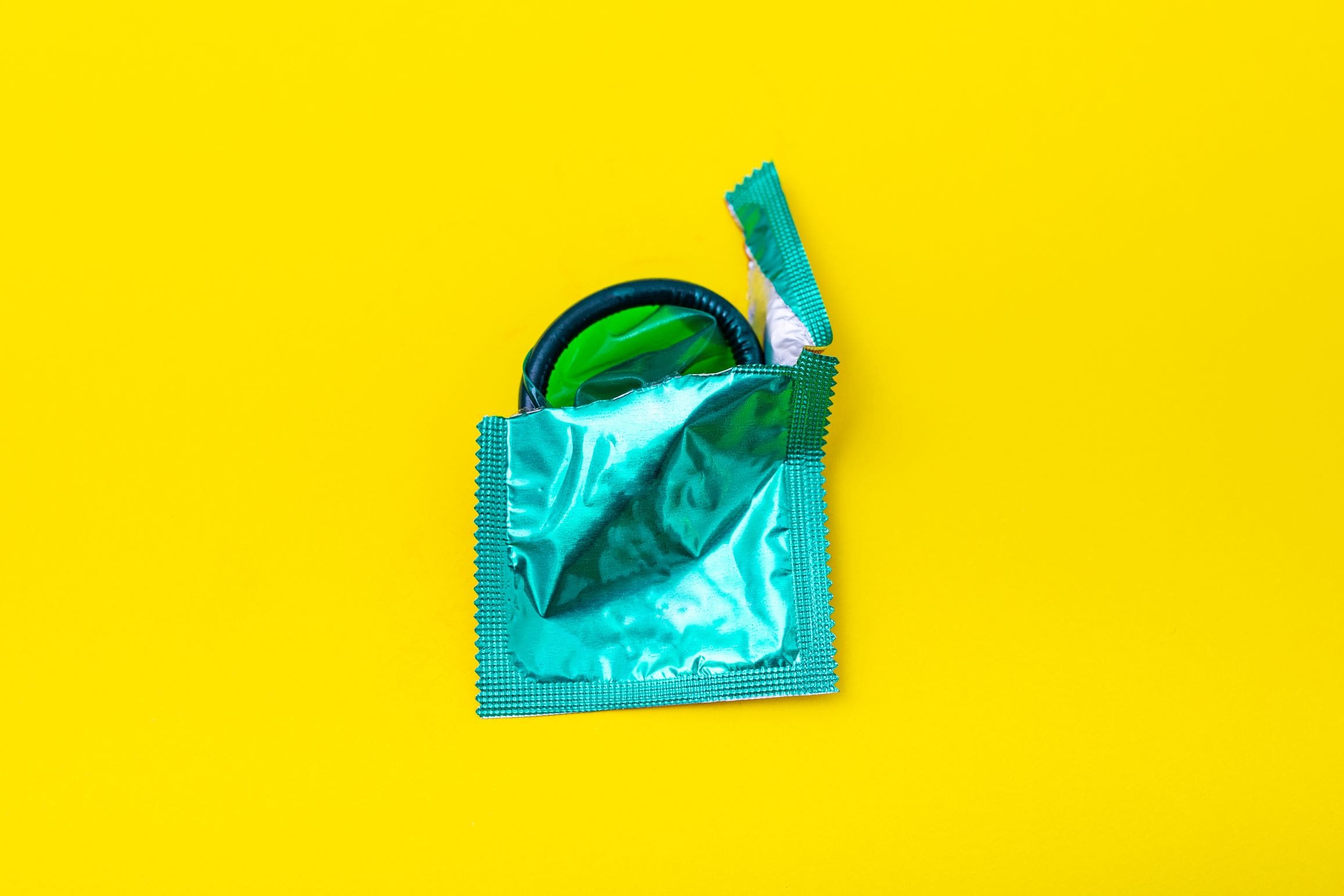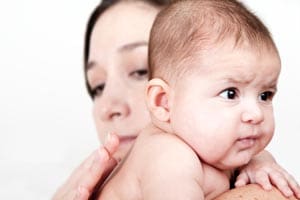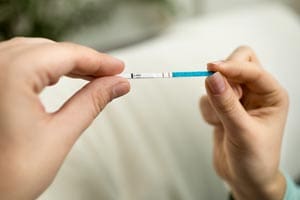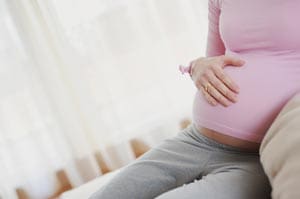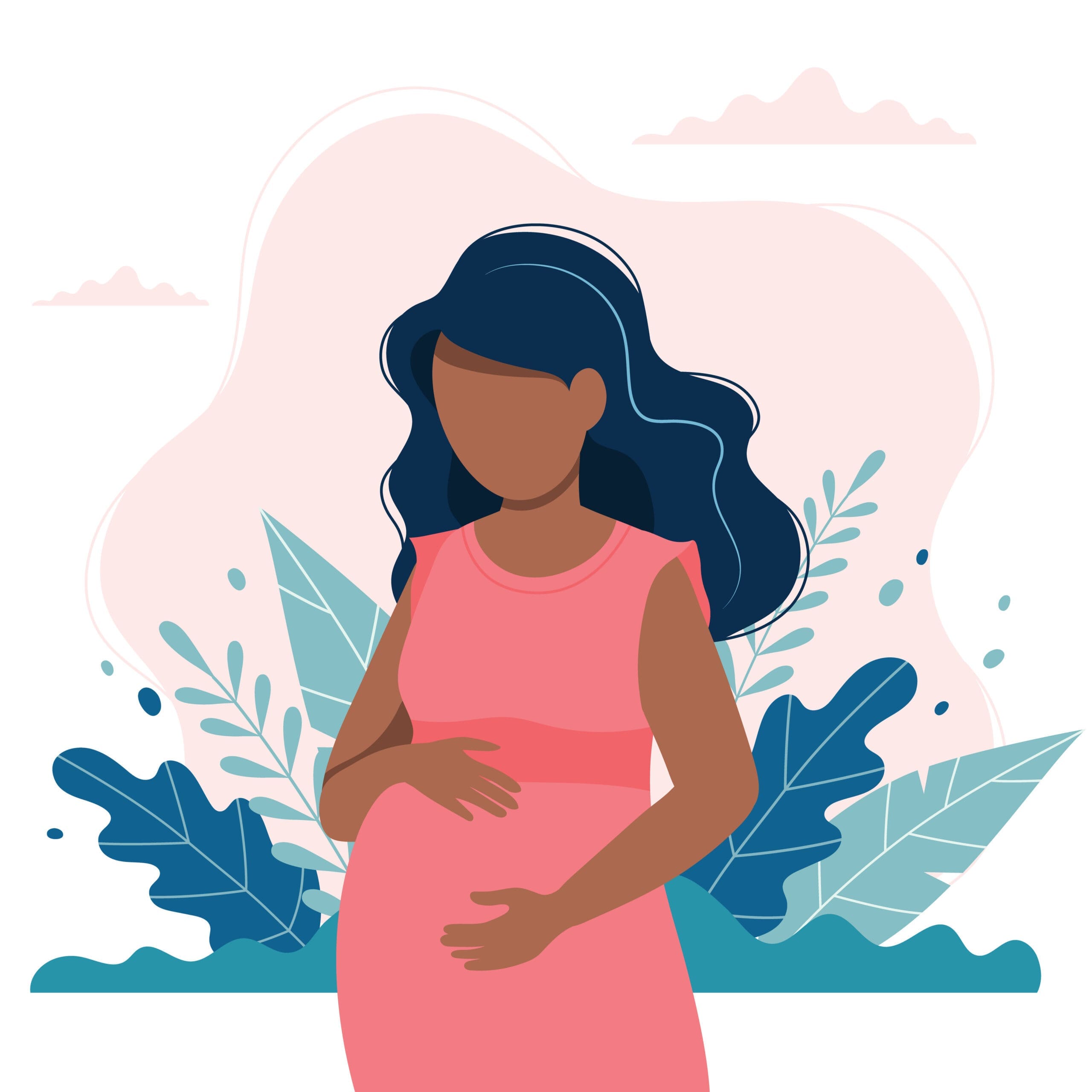There are several factors that can affect a woman’s fertility. Treatments are available for many of the causes of female infertility and assisted reproductive technology such as IVF can help some women get pregnant.
breast-feeding
Ectopic pregnancy
Ectopic pregnancy is a pregnancy that implants outside the uterus (womb). Most ectopic pregnancies occur in one of the fallopian tubes. Ectopic pregnancy is a serious condition.
Condoms
Condoms can be used to prevent both pregnancy and the transmission of STIs, but should be used with appropriate lubricants to make them less likely to break. Only water-based lubricants should be used with latex condoms.
Reflux in babies
Reflux, when the contents of the stomach flow back up the oesophagus, is a common problem in babies younger than 12 months. Reflux may cause regurgitation or ‘spitting up’ and is sometimes called possetting.
Contraception: injection
Hormonal contraceptive injections Depo-Provera and Depo-Ralovera provide reliable contraception for 3 months.
Pregnancy testing
Pregnancy testing can be done from around the time that your period is due, and involves testing your urine for the pregnancy hormone called human chorionic gonadotropin (hCG).
Toxaemia of pregnancy (pre-eclampsia)
Pre-eclampsia, also known as pre-eclamptic toxaemia, or just toxaemia, occurs in pregnancy, causing problems for the baby and mother.
Morning sickness
Many women experience morning sickness (nausea and vomiting) in early pregnancy, and the symptoms can actually occur at any time of the day or night.
Engorgement and mastitis
Everything you need to know about treating and managing engorgement and mastitis
Pregnant women eating too much meat and dairy
Most pregnant women are failing to achieve basic nutritional recommendations because they eat too much meat and dairy and not enough fruit, vegetables and cereals, an Australian study has found.



